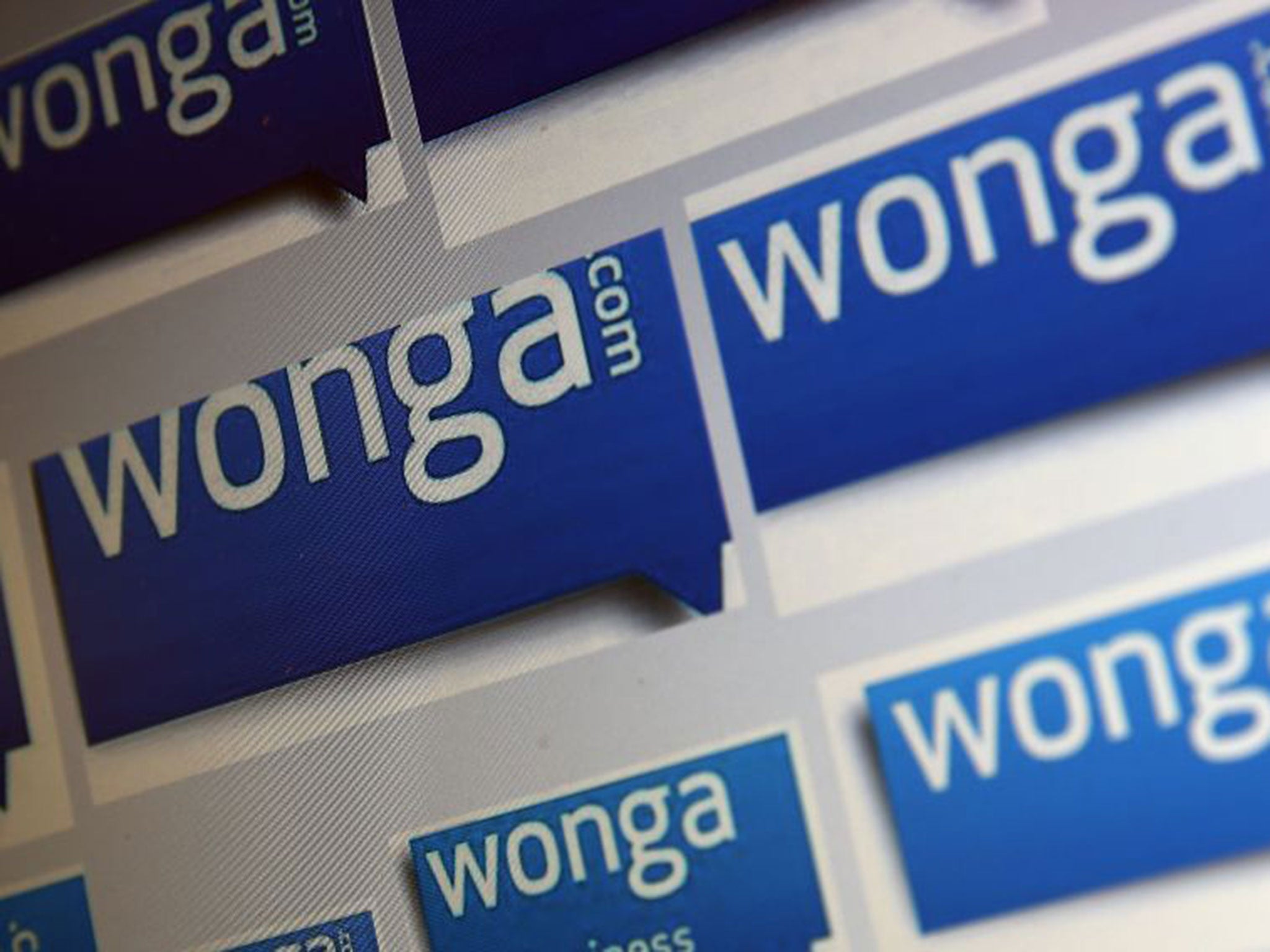More must be done to help the people desperate for short-term cash

Your support helps us to tell the story
From reproductive rights to climate change to Big Tech, The Independent is on the ground when the story is developing. Whether it's investigating the financials of Elon Musk's pro-Trump PAC or producing our latest documentary, 'The A Word', which shines a light on the American women fighting for reproductive rights, we know how important it is to parse out the facts from the messaging.
At such a critical moment in US history, we need reporters on the ground. Your donation allows us to keep sending journalists to speak to both sides of the story.
The Independent is trusted by Americans across the entire political spectrum. And unlike many other quality news outlets, we choose not to lock Americans out of our reporting and analysis with paywalls. We believe quality journalism should be available to everyone, paid for by those who can afford it.
Your support makes all the difference.Britain’s biggest payday lender, Wonga, has had a disastrous few days. First it announced a catastrophic 53 per cent fall in profits, mainly due to the costs involved in this summer’s fake legal letters scandal.
Then, last Thursday, it was forced to write off an estimated £220m of debt after the City watchdog accused it of irresponsibly lending to some 375,000 borrowers.
The company has agreed to change its lending practices and has been forced to admit that it will be able to offer loans to far fewer people in future, which will also hit its profits.
Today, another of Wonga’s television adverts has been banned by the Advertising Standards Authority after a complaint by Citizens Advice.
The blows won’t please its private equity backers, which have been banking on a bumper pay-out when the company eventually comes to the stock market. But it’s great news for those who have been wrongly targeted by the firm, and pushed into a spiral of debt that they can’t afford to repay.
But it’s not yet time for celebration. Why? There are two main reasons. First is the fact that, despite its dodgy dealings, Wonga is far from being the worst of the high-cost credit companies.
Second is that those who are now turned down by Wonga because of affordability issues are likely to be the most hard-up folk. If they’re desperate for cash where will they turn to next? The fear is that they will be forced into the arms of even-more unscrupulous online firms or even unregulated lenders.
The latter are the scariest of the lot as they have no rules to flout and simply charge what they want – and can resort to violence to get their money back.
So while, yes, I’m very pleased that the excesses of payday lenders are being curbed, I know that more must be done to help the vulnerable people desperate for short-term cash. That means giving more support to local credit unions and debt charities which can help people through a difficult patch.
Join our commenting forum
Join thought-provoking conversations, follow other Independent readers and see their replies
Comments